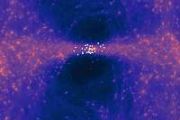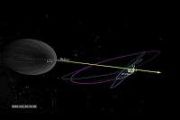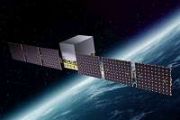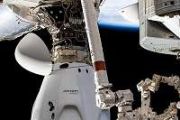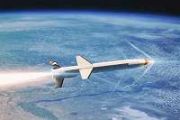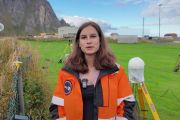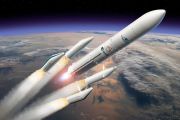
Copernical Team
SpaceX prepares for rehearsal, test flight of Starship rocket
 SpaceX plans to carry out a launch rehearsal next week of Starship, the most powerful rocket ever built, and its first test flight possibly the following week, the private space company said Thursday.
SpaceX published photos of the massive Starship, which is designed to eventually send astronauts to the Moon and beyond, on its launchpad at the company's base in Texas.
"Starship fully sta
SpaceX plans to carry out a launch rehearsal next week of Starship, the most powerful rocket ever built, and its first test flight possibly the following week, the private space company said Thursday.
SpaceX published photos of the massive Starship, which is designed to eventually send astronauts to the Moon and beyond, on its launchpad at the company's base in Texas.
"Starship fully sta How can we make the space sector more sustainable?
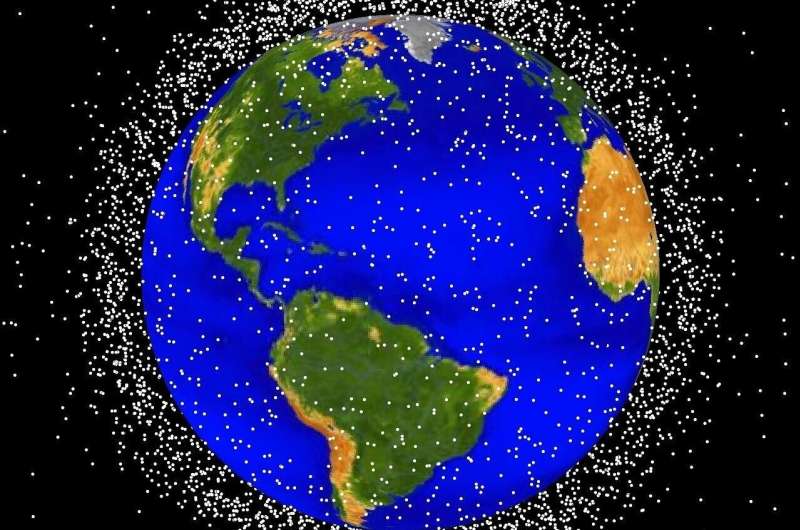
When talking about space, one might think about the stars one sees at night or a good sci-fi film. But space is also crowded with satellites, spacecrafts and astronauts, whose missions can last anywhere from several days to months. Meanwhile, 8,216 unmanned satellites revolve around Earth's orbits to improve our daily lives. Communication satellites contribute to enhancing Internet access in regions deprived of infrastructure (so-called "white areas"); meteorology satellites have become essential for weather forecasts, while navigation satellites (including GPS) are crucial for current and future transportation needs such as automatic driving vehicles.
Technological advances in the sector have unlocked many new business opportunities. The industry can now launch constellations of thousand satellites to reach corners of the earth as it had never before (e.g., Starlink), while new markets such as space mining and space tourism are steadily growing. National champions (including the United States and France) have also framed the space sector as a top economic priority. It is thought the technological benefits accrued by companies such as SpaceX, Blue Origin or OneWeb, launched by billionaires such as Elon Musk, will also be able to trickle down to non-space sectors such as the energy or freight industries.
May 8 launch for private mission to ISS with Saudi astronauts
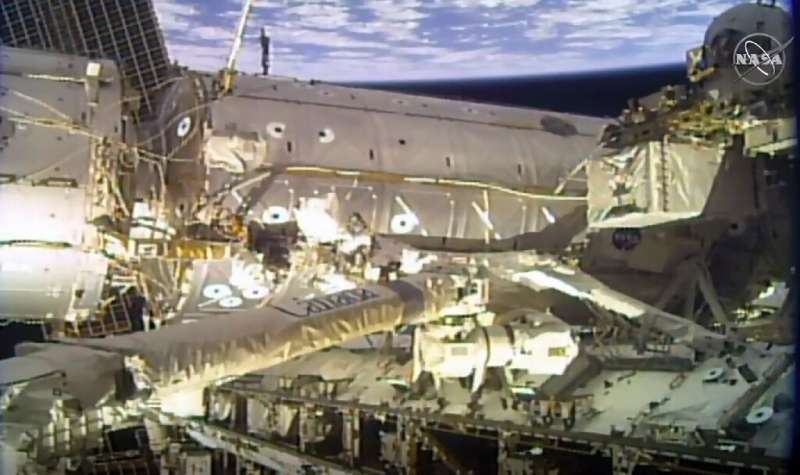
Two astronauts from Saudi Arabia, including the first Saudi woman, will blast off from Florida on May 8 on a private mission to the International Space Station (ISS), Axiom Space and NASA officials said Thursday.
Rayyanah Barnawi, a breast cancer researcher, will become the first Saudi woman to voyage into space and will be joined on the mission by fellow Saudi Ali Al-Qarni, a fighter pilot.
Also on board will be Peggy Whitson, a former NASA astronaut who will be making her fourth flight to the ISS, and John Shoffner, a businessman from Tennessee who will serve as pilot.
China tests a Stirling engine in orbit
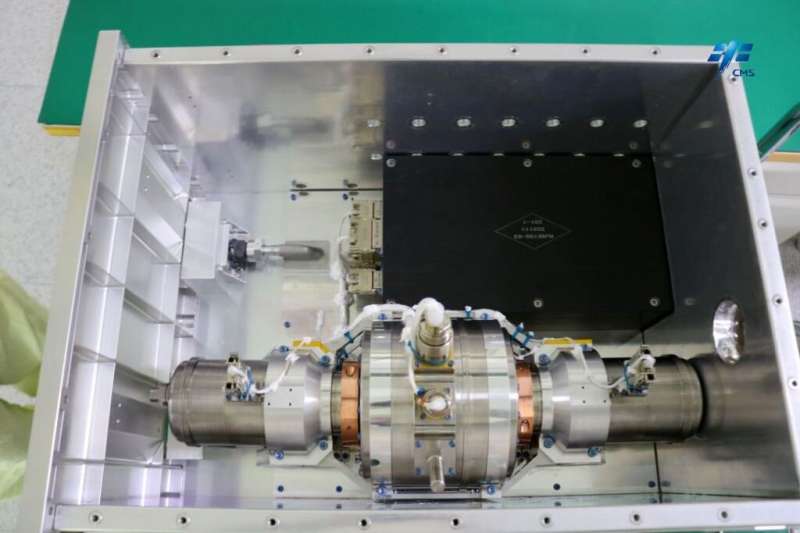
The China National Space Agency (CNSA) has made considerable progress in recent years with the development of its Long March 5 (CZ-5) rocket and the completion of its Tiangong-3 space station. The agency also turned heads when it announced plans in June 2021 to create an International Lunar Research Station (ILRS) that would rival the Artemis Program. On top of all that, China upped the ante when it announced later that month that it also had plans to send crewed missions to Mars by 2033, concurrent with NASA's plans.
As part of their growing efforts to become a major power in space, which includes human exploration, China recently announced the completion of the first in-orbit test of a Stirling thermoelectric converter. The Shenzou-15 mission crew performed the test aboard Tiangong-3, and it was the first successful verification of the technology in space. This technology is also being investigated by NASA and is considered a technological solution to the challenges of space exploration, especially where long-duration stays and missions to locations in deep space are concerned.
JUICE Pre-Launch Press Briefing
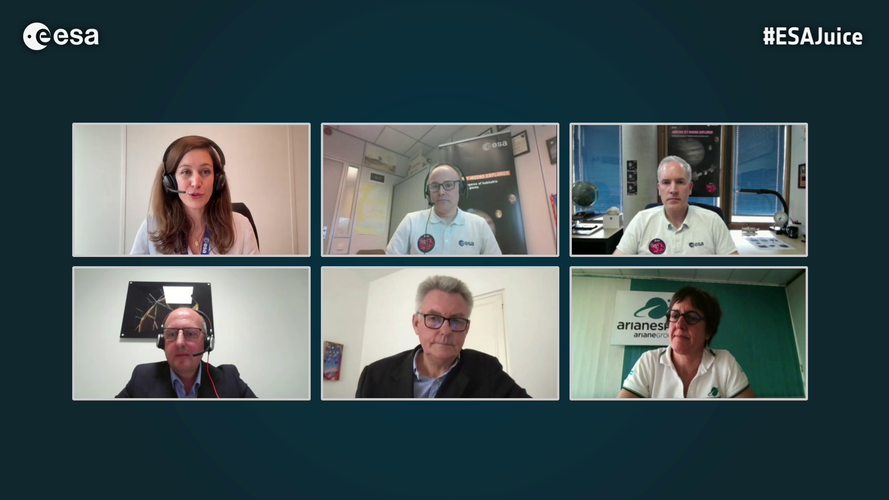 Video:
01:00:04
Video:
01:00:04
ESA’s JUpiter ICy moons Explorer (Juice) will launch from Europe’s Spaceport at Kourou in French Guiana on Thursday 13 April 2023. Watch the replay of this online media briefing to hear more about the mission and the launch itself. Participants will include Olivier Witasse, Juice Project Scientist ; Ruedeger Albat, Head of Ariane 5 Programme at ESA and Alessandro Atzei, Payload System Engineer.
Stage set: Juice dress rehearsal complete
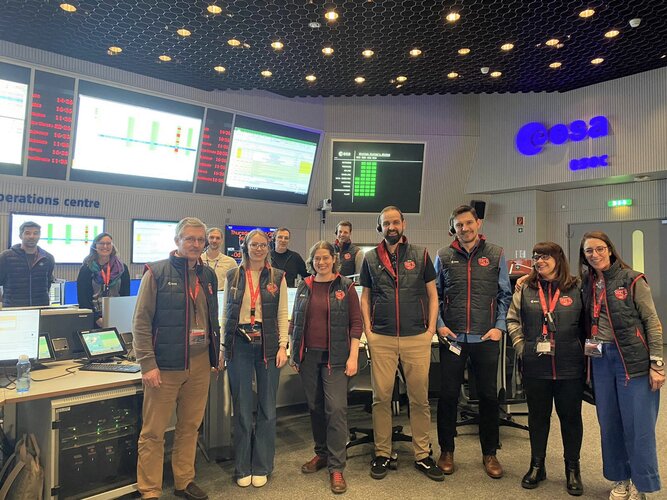 Image:
Image:
After months practicing with a ‘fake’ Juice spacecraft, teams at ESA’s mission control centre in Darmstadt, Germany, today got in touch with the real thing. For the first time, mission engineers connected to the Ariane 5 rocket and inside its fairing the Juice spacecraft, for a dress rehearsal of the all-important “network countdown”.
The dress rehearsal is the moment that ESA’s mission control brings together the various partners and elements of the mission for a final fully integrated test before launch. Today, Juice’s signals streamed into ESA’s Space
Webb scores another ringed world with new image of Uranus
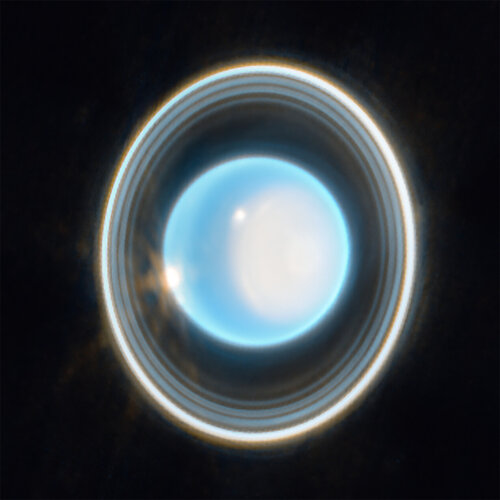
Webb’s infrared image highlights the planet’s dramatic rings and dynamic atmosphere. Following in the footsteps of the Neptune image released in 2022, the NASA/ESA/CSA James Webb Space Telescope has taken a stunning image of the solar system’s other ice giant, the planet Uranus. The new image features dramatic rings as well as bright features in the planet’s atmosphere.
How to follow the Juice launch live
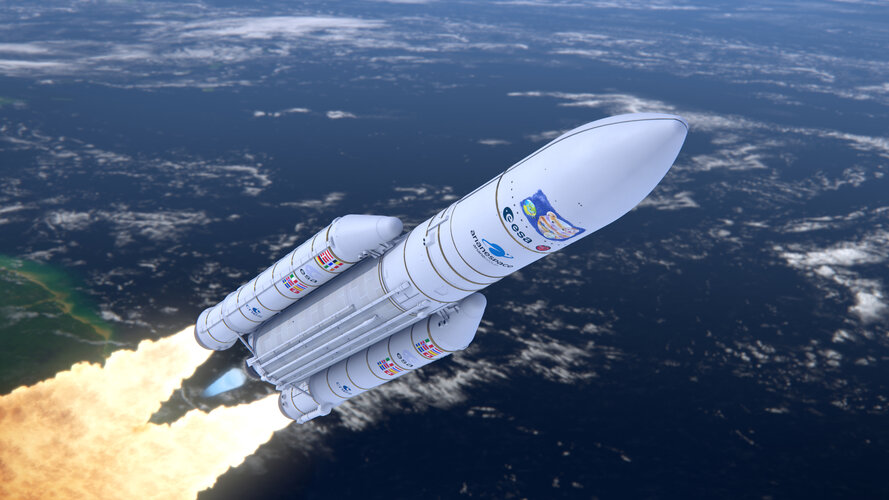
ESA’s Jupiter Icy Moons Explorer mission, Juice, is planned for launch at 13:15 BST/14:15 CEST on 13 April from Europe’s Spaceport in French Guiana. Here’s how to follow the key milestones online.
Untangling the ocean biological carbon pump
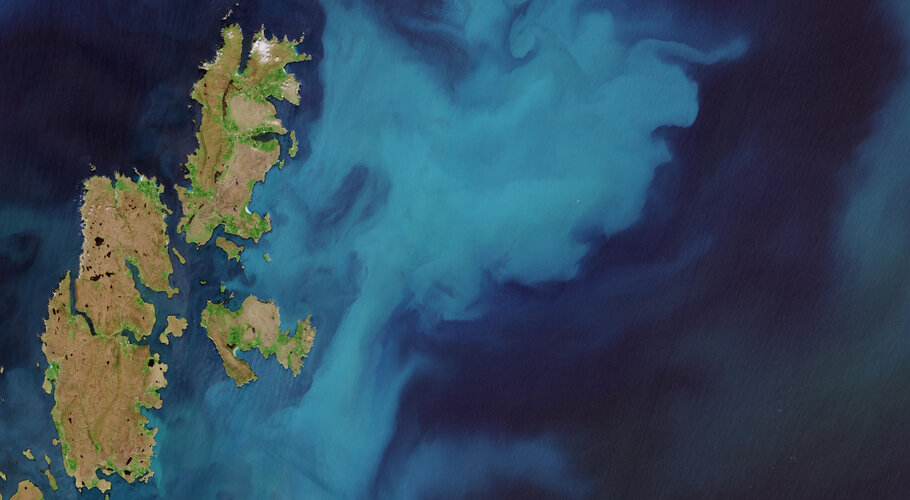
They may be microscopic, but their ability to sequester carbon is phenomenal. We are talking phytoplankton – and scientists working on a project funded by ESA are assessing different aspects of the role that these tiny plants play in the ocean carbon cycle to better understand climate processes.
Practice makes perfect
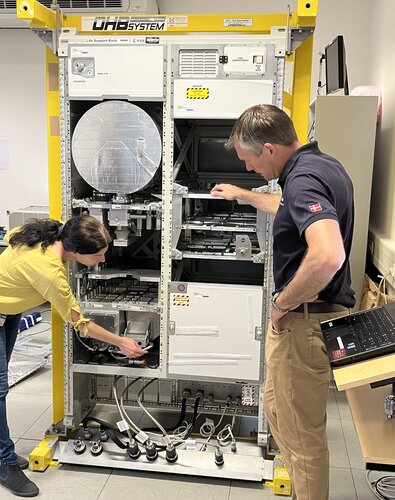 Image:
Practice makes perfect
Image:
Practice makes perfect 

